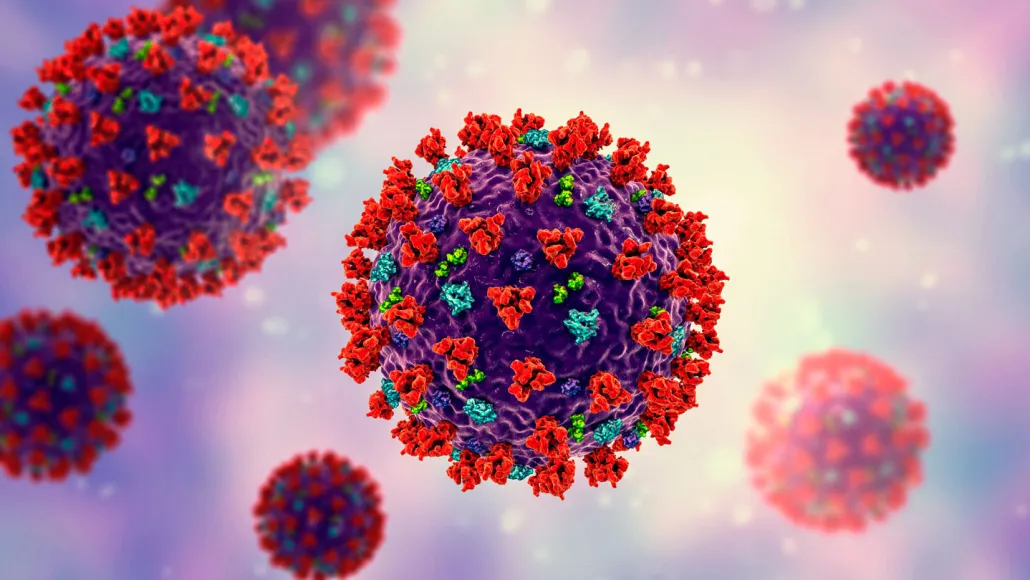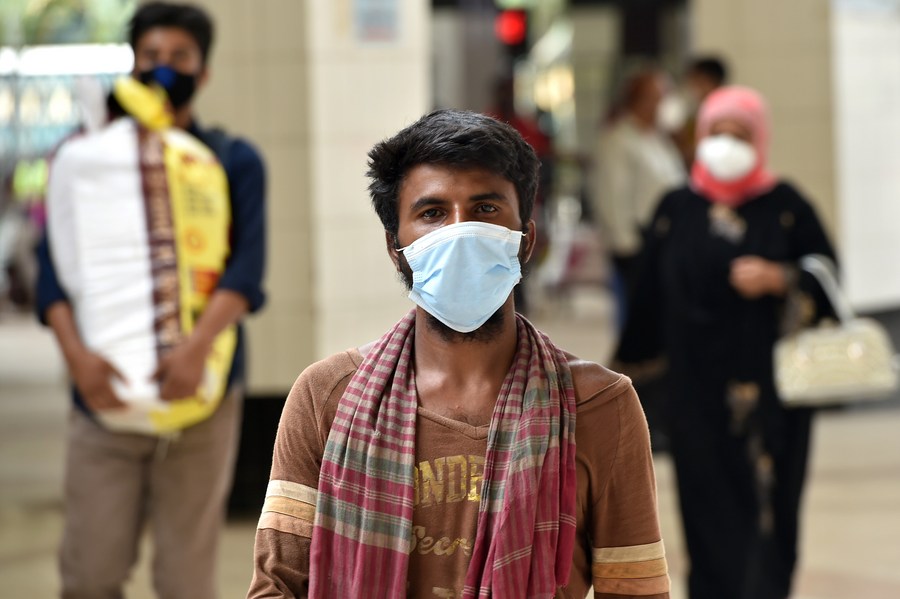With Bangladesh expected to roll out the Covid-19 vaccine across the country in the first week of February, people have a lot of curiosity about whether the jab has any side effect.
Some have even got a little bit worried as the vaccine recipients will have to sign a consent letter to get the vaccine card during the registration process that will start on January 27.
The first consignment of 5 million doses of the Covid-19 vaccine developed by Oxford University and AstraZeneca will arrive in the country from the Serum Institute of India (SII) by January 26.
Talking to the Daily Sun, a number of people from across the country expressed their curiosity about whether there is any side effect of the vaccine.
“As I came to know going through newspapers that there had been side effects of the vaccine after its administration in some countries, now a question is crisscrossing my mind as to how many side effects the Oxford-AstraZeneca vaccine have,” said Mahmudul Hasan, a resident of Mirpur in the capital.
“If the vaccine is safe, why should I sign the consent letter to get it?” said Taskia Rahman, hailing from Moulvibazar.
Meanwhile, Dr Nazrul Islam, a virologist and former vice-chancellor of Bangabandhu Sheikh Mujib Medical University (BSMMU), said the vaccine has a very few side effects. “A vaccine recipient may feel headache, fever or some other minor problems. Any accident can’t also be ruled out. Scientists can’t confirm that nothing will happen after taking the vaccine. But the Oxford vaccine is good.”
Talking to the Daily Sun, Dr Md Shamsul Haque, Line Director, MNC & AH of the Directorate General of Health Services (DGHS), said, “The rate of side of effects of the Oxford-AstraZeneca vaccine is very low. But mild, moderate or severe side effects may occur for any vaccine. Anaphylaxis cases may take place in human body after taking vaccine and it may be severe in some cases.”
He, however, said medical teams will monitor the situation and observe the side effects. “We’ll also give necessary training to our vaccination teams in this regard and keep necessary medicines ready at the vaccination centres,” he added.
Shamsul said the government will take vaccine recipients’ consent like other countries of the world as all should be aware of everything about the vaccine before taking it.
The DGHS will publish vaccine bulletin regularly so that people can get all the related information.
Meanwhile, the Serum Institute of India has released a fact-sheet with detailed information that will enable recipients to understand the benefits and common side effects of the Covishield vaccine as India is set to begin its vaccination drive today.
According to the fact-sheet, there are three types of side effects that have been reported with the Covishield vaccine -- very common, common and uncommon.
Very common side effects (may affect more than 1 in 10 people) include tenderness, pain, warmth, redness, itching, swelling or bruising where the injection is given generally, feeling unwell, feeling tired (fatigue), chills or feeling feverish, headache, feeling sick (nausea), joint pain or muscle ache.
Common side effects (may affect up to 1 in 10 people) include a lump at the injection site, fever, being sick (vomiting) flu-like symptoms, such as high temperature, sore throat, runny nose, cough and chills.
The fact-sheet said uncommon side effects (may affect up to 1 in 100 people) are feeling dizzy, decreased appetite, abdominal pain, enlarged lymph nodes, excessive sweating, itchy skin or rash.
“These may not be all the possible side effects of the Covishield vaccine. Serious and unexpected side effects may occur. Covishield vaccine is still being studied in clinical trials,” the SII added.
As per the fact-sheet, Covishield vaccine includes the following ingredients: L-histidine, L-histidine hydrochloride monohydrate, magnesium chloride hexahydrate, polysorbate 80, ethanol, sucrose, sodium chloride, disodium edetate dihydrate (EDTA) and water for injection.
The Covishield vaccination course consists of two separate doses of 0.5 ml each. The second dose should be administered between 4 to 6 weeks after the first one. However, there is data available for administration of the second dose up to 12 weeks after the first dose from the overseas studies.
There are some suggestions for the vaccine recipients in the fact-sheet. “Tell the healthcare provider about medical conditions, including: if you have ever had a severe allergic reaction (anaphylaxis) after any drug, food, any vaccine or any ingredients of Covishield vaccine, if you have fever, if you have a bleeding disorder or are on a blood thinner, if you are immunocompromised or are on a















